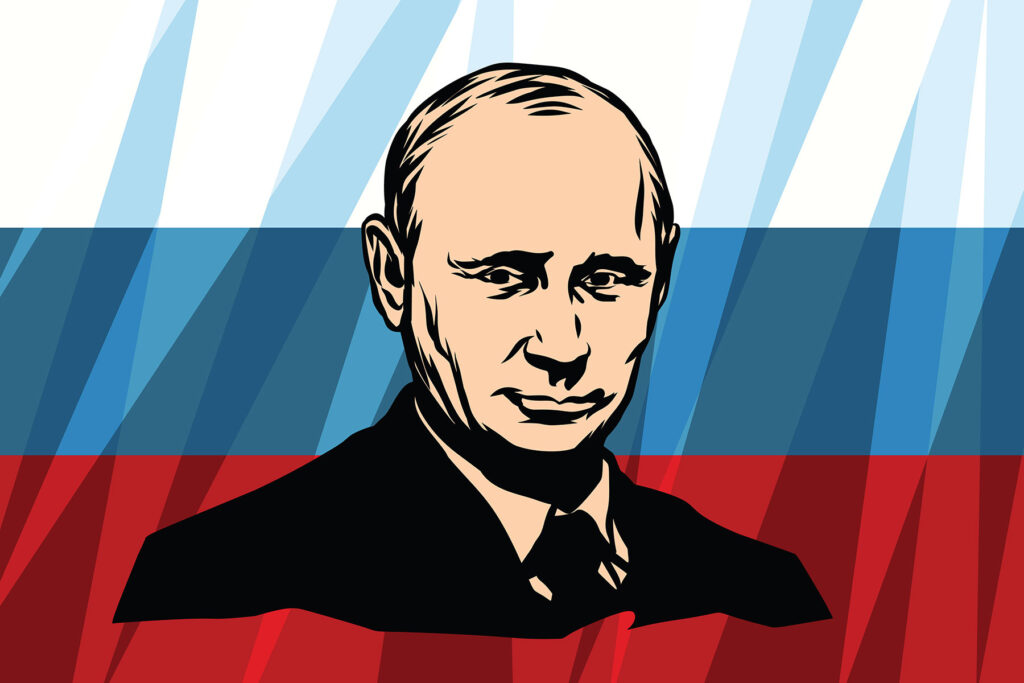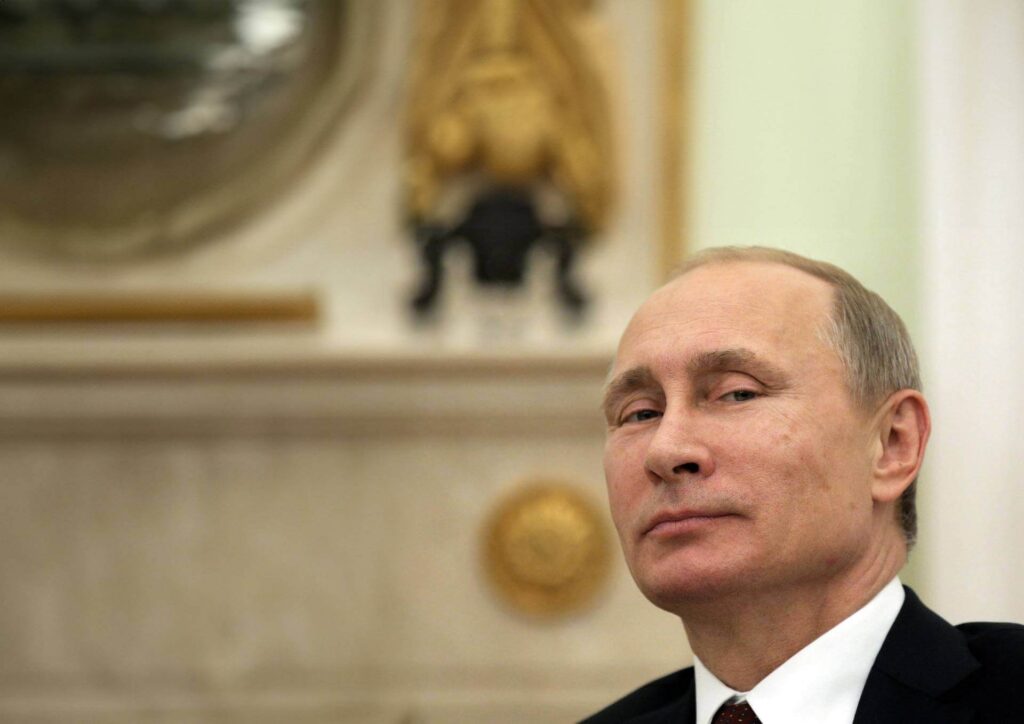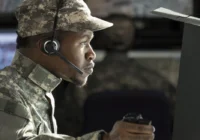After 19 months of war, Europe is still unable to predict Moscow’s next move. Western strategists evaded the problem and chose to overlook the utterances and admonitions of Putin and the Russian authorities. They assume that Putin will not make good on his threats. Putin, however, has shown that he frequently divulges clues about the impending measures of the Russian government. (Angela Merkel, the former German chancellor, understood this better than anyone.)
Consequently, the vehement reactions of Putin and the Russian authorities to the last NATO summit, held in Vilnius in July, should not be regarded as vacuous threats or political bluffs but should be approached seriously. Western leaders must convince the Russian authorities that NATO does not intend to engage in a direct military confrontation with Moscow.
Ukraine’s dream of joining NATO did not come true at the summit, but the members of the organization, particularly the European ones, committed to augmenting their military assistance for Ukraine considerably. France’s promised to provide long-range cruise missiles to Ukraine. This certainly did not sit well with Moscow.
For Britain’s part, Richard Moore, the head of the British Intelligence Service (MI6), made unprecedentedly bold statements. He encouraged Russian citizens to turn information over to the MI6. This understandably provoked Russian intelligence forces.
The West is ignoring Russia’s reactions
Irrespective of the European side’s intentions, statements like these elicit a hazardous perception on the Russian side, a perception that will have severe repercussions for Europe if it is disregarded. In an article in 2021, Russian President Vladimir Putin repudiated the notion of a country named Ukraine. The article could have warned of Russia’s invasion of Ukraine if it had been scrutinized more closely.
After the 2023 NATO summit, the Russian authorities and media exhibited vehement reactions. One of the most drastic reactions was on a 60-minute program on Russian TV, where the presenters construed the augmentation in NATO forces and the enhancement in the organization’s aid to Ukraine as an indication that NATO is preparing to initiate war with Russia. Also, the spokesperson of the Russian Foreign Ministry explicitly asserted that the summit was a manifestation of NATO’s intention to commence a major European war with Russia.
Furthermore, the Russian authorities intensified their nuclear threats, and Dmitry Medvedev, the vice-chairman of the Russian Security Council, alluded to the possibility of a calamitous nuclear war scenario. It should be noted that these comments are not merely hasty and emotional, but rather stem from the apprehension within Russia that Europe and NATO are on the verge of engaging in a direct military confrontation with Russia.
Therefore, the Europeans’ disregard for Russia’s threats has been an egregious mistake that should not be repeated again. In fact, Russia will use all its military might and act more aggressively NATO gives it the impression that it is about to start a direct war.
If we find Moscow difficult to predict now, it will be far more challenging to foresee its behavior in such a situation, and it will therefore be almost impossible to manage the tension with Russia. Furthermore, another large-scale war would impair Europe’s relations with the countries of the so-called “Global South” and push these developing countries further and further away from the continent.
What does Russia intend?
The messages Russia is conveying are drastic. Nevertheless, Russia has several aims in conveying such messages to the West. First, Moscow intends to assess the willingness of the West and especially NATO to employ nuclear weapons and initiate a nuclear war.
Second, Russia intends to ascertain if the West is prepared to maintain dialogue and diplomacy or if it has renounced diplomatic communication with Moscow. Of course, the recent statements of European leaders that Europe does not aspire to humiliate Russia or even Putin personally, and only aspires to grant Ukraine leverage in the peace negotiations and terminate the war, indicate that the West does not desire to sever the connection with Russia. But Russia will not simply trust the West on its word.
Third, Russia intends to have the authority to intensify or alleviate the tension and does not want the West to assume the responsibility for this matter. By showing that it still has options for escalation, then, Russia is reaffirming its control.
Ultimately, Russia intends to examine the West’s readiness to partake in a new round of arms control discussions, which is an opportunity that Europe should not forgo. Of course, Russia will undoubtedly demand concessions in exchange for partaking in such discussions.
Therefore, Europe and the West should cease neglecting Russia’s signals. They are no empty threats, but part of a calculated and intentional strategy. Europe must avoid crossing Russia’s red line by getting involved directly — no matter how tempting that might be as it becomes increasingly clear that Ukraine will not defeat the Russians on its own. Russia would not refrain from using any weapon in an existential war with NATO.
Of course, the non-approval of Ukraine’s membership request at the last NATO summit indicates that European and American intellectuals have perceived the danger and are cognizant of the limits of escalating tensions with Russia. Accentuating peace talks and a cease-fire as the sole solution to terminate the war in Ukraine and granting the green light to governments that aspire to mediate in this war aim to avert the apocalypse scenario that Medvedev cautioned of.
[Anton Schauble edited this piece.]
The views expressed in this article are the author’s own and do not necessarily reflect Fair Observer’s editorial policy.
Support Fair Observer
We rely on your support for our independence, diversity and quality.
For more than 10 years, Fair Observer has been free, fair and independent. No billionaire owns us, no advertisers control us. We are a reader-supported nonprofit. Unlike many other publications, we keep our content free for readers regardless of where they live or whether they can afford to pay. We have no paywalls and no ads.
In the post-truth era of fake news, echo chambers and filter bubbles, we publish a plurality of perspectives from around the world. Anyone can publish with us, but everyone goes through a rigorous editorial process. So, you get fact-checked, well-reasoned content instead of noise.
We publish 2,500+ voices from 90+ countries. We also conduct education and training programs
on subjects ranging from digital media and journalism to writing and critical thinking. This
doesn’t come cheap. Servers, editors, trainers and web developers cost
money.
Please consider supporting us on a regular basis as a recurring donor or a
sustaining member.
Will you support FO’s journalism?
We rely on your support for our independence, diversity and quality.











Comment